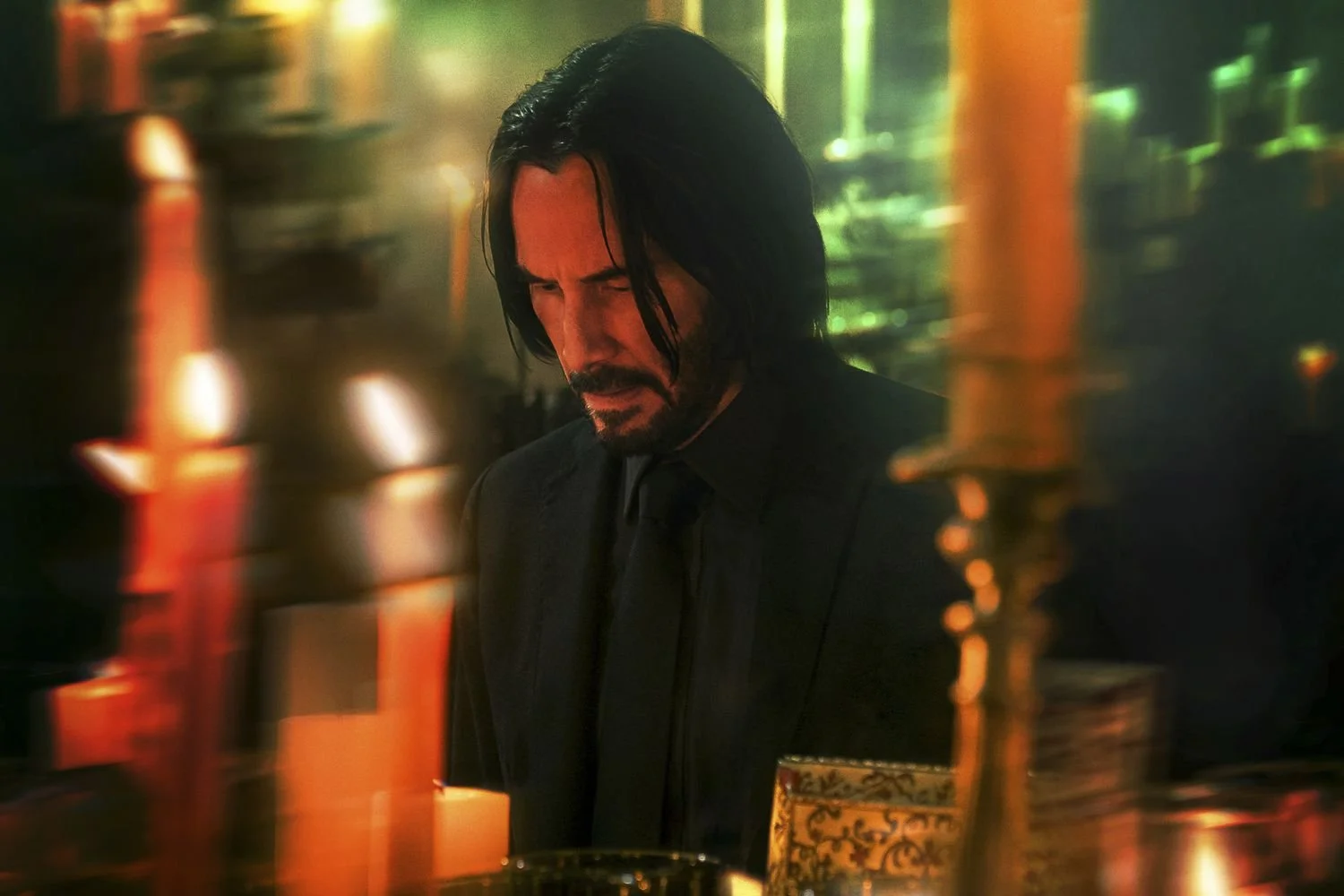Film Review: "Three Billboards outside Ebbing, Missouri" is both searing and soulful
Rage is the engine which drives Three Billboards outside Ebbing, Missouri's narrative (hereafter Three Billboards). But in addition to being about anger, Three Billboards is angry. This is to say that the film feels effortlessly hostile, vile, confrontational - to a point that even Good Man & Cop Chief Willoughby (Woody Harrelson) playfully calls his wife a "stupid bitch" during the film's most tender scene.
It should all be unbearable and only sometimes bleakly funny, thanks to Frances McDormand's terrifying and hilarious and all-too-real performance as grief-stricken mother Mildred Hayes, a woman who'll shake up a whole small-town to get answers from the police concerning her daughter's unsolved brutal rape and murder (“Raped while dying” “And still no arrests?” “How come, Chief Willoughby?” read the titular three billboards). In most other films, her daughter's murder would be central to the plot machinations, something to be resolved. In Three Billboards, it's the effect, not the cause, of the murder that matters.
Like Spike Lee's similarly hilarious and buoyant masterpiece Do The Right Thing, Three Billboards is about people who are too busy screaming at each other to hear each other. And boy do they scream and spit venom with the sort of concentrated gusto and poetic wit that feels blackly true instead of realistic. Consider a scene where Mildred Hayes eloquently compares pedophillic clergymen to Crips and Bloods, right to a clergymen's bewildered face.
There are some who'll accuse the film of humanising vile scumbags. But that Three Billboards humanises vile scumbags without cheaply sanding off their edges or making them strawmen makes it one of the more challenging and rewarding films I've seen in recent memory. The path to redemption, to clarity, in Three Billboards is not guaranteed, and if it is it's crooked and paved with victims.
Such is the case with racist and slightly pudgy shitbag cop Dixon, realised with considerable verve and nastiness by usually likeable actor Sam Rockwell. You think, nay, you're sure he's one thing at the beginning of the film. Writer and director Martin McDonagh initially only allows us a few glimpses into his personality, showing us a guy who became a cop likely because it grants the illusion of righteousness to his bullying. His character arc will either infuriate or move you, and I can see sound reasons for both reactions. But how his story parallels and intersects with Mildred's reveals one of the more profound truths of Three Billboards. Where the possibility of justice is slim at best and bad things happen all the time for no reason at all, only empathy will save us – but anger, and recognising that anger in another, is key to deepening our capacity for empathy.







